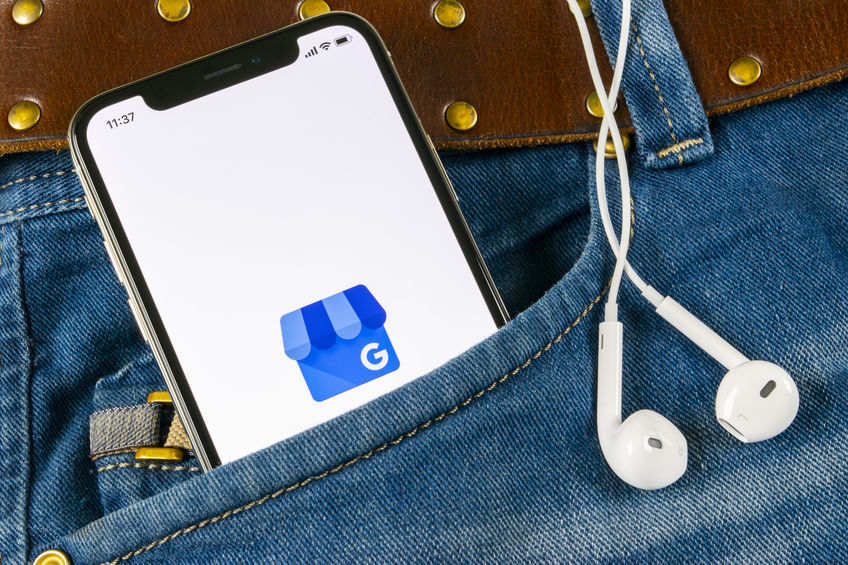By JON STYF | THE CENTER SQUARE
Alaska and 39 other states won a combined $391.5 million settlement with Google over location tracking practices.
The group of attorneys general filed the complaint after the Associated Press exposed that Google is collecting personal and behavioral location data and selling it to advertisers. Location history in Google settings was off unless it was turned on by the user but the web & app activity setting is automatically turned on for users.
Because of that, the attorneys general believed that Google was in violation of state consumer protection laws because it was misleading customers about its location tracking. They claimed the location history setting caused users to be confused about how all-encompassing that setting was on user’s phones.
“For years, Google has prioritized profit over the privacy of South Carolinians who use Google products and services,” said South Carolina Attorney General Alan Wilson, whose state will receive $7,813,840.87 from the settlement. “Consumer privacy is one of the most important issues facing consumers right now, and our office will continue to do its part in ensuring the protection of our citizens in this way.”
The attorneys general of Oregon and Nebraska led the settlement negotiations, assisted by Arkansas, Florida, Illinois, Louisiana, New Jersey, North Carolina, Pennsylvania, and Tennessee.
“Consumer privacy is one of my office’s top priorities,” said Oregon attorney general Ellen Rosenblum, whose state will receive $14.8 million from the settlement. “That’s why it’s so important to me that Oregon played a key role in this settlement. Until we have comprehensive privacy laws, companies will continue to compile large amounts of our personal data for marketing purposes with few controls.”
The final settlement was also joined by Alabama, Alaska, Colorado, Connecticut, Delaware, Georgia, Hawaii, Idaho, Iowa, Kansas, Kentucky, Maine, Maryland, Massachusetts, Michigan, Minnesota, Mississippi, Missouri, Nevada, New Mexico, New York, North Dakota, Ohio, Oklahoma, South Dakota, Utah, Vermont, Virginia and Wisconsin.
“Consumers were deceived by Google as to when their location was being tracked and how that information was used,” said Illinois Attorney General Kwame Raoul, whose state will receive $19.5 million under the settlement. “With the proliferation of smart devices that collect increased data on its users, today’s announcement highlights the need for updated privacy laws that more effectively protect consumers.”
The settlement includes an agreement that Google will begin showing additional information on location-tracking settings on an account, making key information about location tracking clear and unavoidable to users and requires Google to give users detailed information about the types of location data that Google is collecting.
Jon Styf is an award-winning editor and reporter who has worked in Illinois, Texas, Wisconsin, Florida and Michigan in local newsrooms over the past 20 years, working for Shaw Media, Hearst and several other companies.
